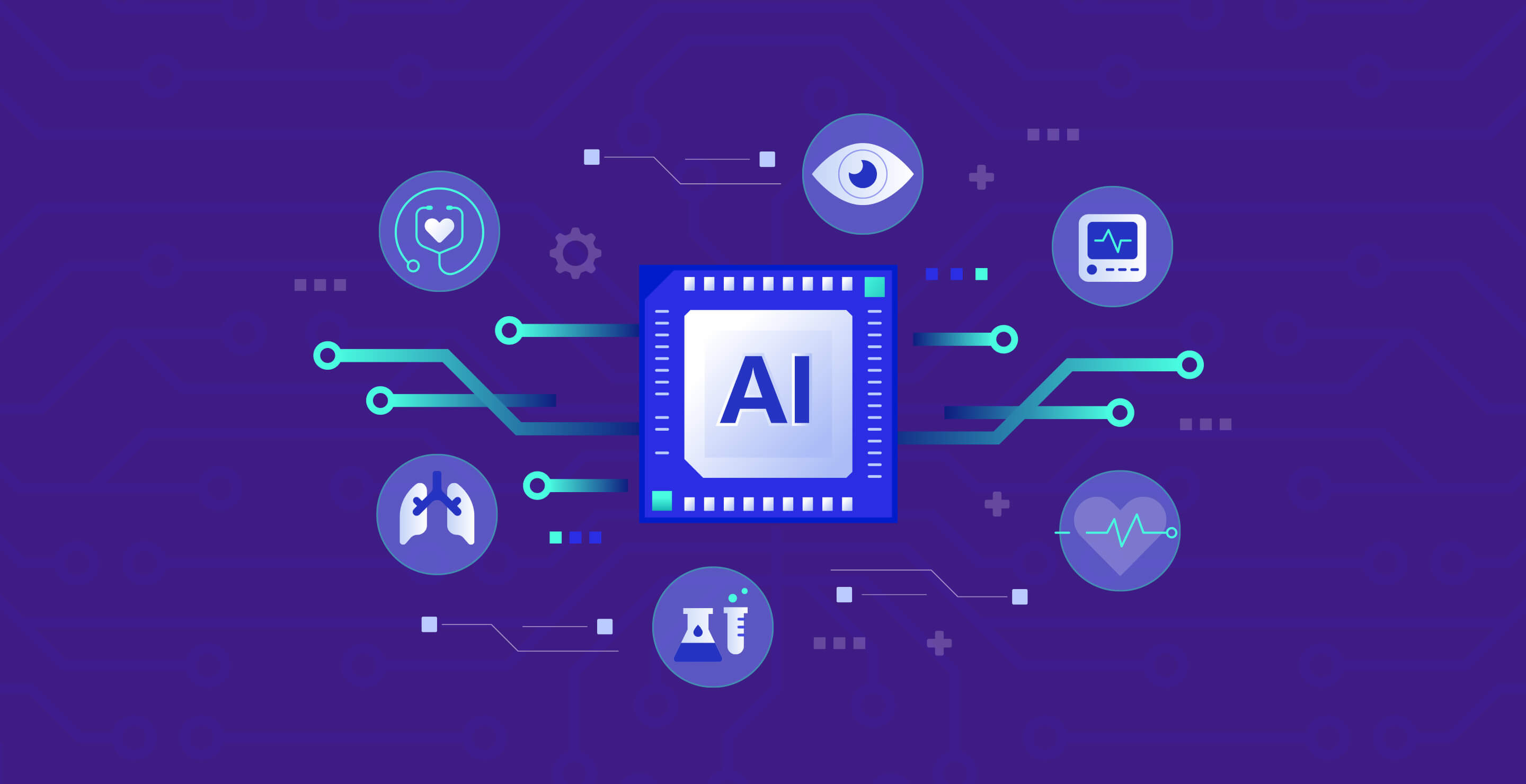Answer ALS Launches AI Drug Development Collaboration with Tulane, Pennington Biomedical Research Center and GATC Health to Advance ALS Treatment Discovery
July 22, 2025 · Baton Rouge, La.
Pennington Biomedical’s Dr. Jeff Keller and Dr. Aron Culotta of Tulane to lead collaboration of AI researchers, neuroscientist and drug developers
Answer ALS is proud to announce the launch of a groundbreaking collaborative initiative
aimed at accelerating AI-powered drug discovery for ALS and other neurodegenerative
diseases. This effort, known as the Louisiana AI Drug Development Infrastructure for
ALS (LADDIA), brings together leading institutions and innovators, including Tulane
University, Pennington Biomedical Research Center, and GATC Health - a tech-bio innovator
using validated AI models to accelerate drug discovery from large-scale multiomics
data-, to harness the power of artificial intelligence and one of the largest ALS
datasets in the world.
This initiative is made possible through a commitment from the State of Louisiana
to advance neuroscience research and innovation across the state. By investing in
LADDIA, Louisiana is helping to position itself as a national leader in the convergence
of AI and biomedical discovery.
At the center of this effort is Dr. Jeffrey Keller Pennington Biomedical, working
in close partnership with Dr. Aron Culotta of Tulane. Together, they will lead a coordinated
statewide effort of connecting researchers with expertise in AI, drug discovery, neuroscience,
and clinical care, while all working together to drive innovation toward ALS treatments.
Currently, there are no known viable treatments for ALS and their goal is to help
change that trajectory.
"This is more than a research partnership; it’s a strategic investment in the future
of ALS discovery," said Clare Durrett, Executive Director of Answer ALS. "By aligning
Louisiana’s top talent and institutions with cutting-edge AI tools and our open-access
Neuromine Data Portal, we are enabling real-time collaboration that could help identify
druggable pathways and translate data into breakthroughs.”
The initiative will roll out in two phases:
- Phase One focuses on building the collaborative foundation, where recruiting local talent, aligning institutional strengths, and preparing the infrastructure for AI-enabled drug discovery.
- Phase Two activates that foundation to advance collaborative projects, optimizing AI models, and generating high-impact scientific output across participating institutions.
“With the gradual adoption of Artificial Intelligence in applications around the globe,
to apply this incredible technology toward the pursuit of treatments of ALS and other
neurodegenerative diseases is perhaps the most noble and worthwhile implementation
of it,” said Dr. Keller, who is the Principal Investigator of Answer ALS’ open access
data repository, Neuromine. “The open-access repository of the Neuromine Data Portal
will be instrumental in this pursuit, and along with Dr. Culotta, I look forward to
collaborating with researchers and AI experts to navigate currently unseen patterns
to potential treatments.”
The ultimate goal is to identify and prioritize therapeutic targets using AI-driven
insights from the Answer ALS’ Neuromine Data Portal, the largest open-access ALS dataset
in the world.
“GATC is proud to partner in this important mission to leverage our proprietary AI
platform to identify druggable ALS targets with high predictive accuracy,” said a
GATC Health president Dr. Rahul Gupta. “We believe this alliance of research data,
academia and advanced AI is the new model for rapid discovery of novel therapeutics
to treat diseases currently lacking effective treatment. The biomarkers identified
through this collaboration will be shared with the research community, while also
enabling GATC to pursue therapeutic development based on these discoveries.”
Benchmarks for the initiative include joint research publications, data-driven discoveries,
and a shared roadmap for long-term collaboration, positioning Louisiana as a leader
in AI-driven medical innovation. The model being driven by LADDIA and GATC also represents
a scalable framework for applying AI to other complex diseases, from Alzheimer’s to
chronic pain, through public-private partnerships.
"This important collaboration highlights the power of AI to transform healthcare,"
said Dr. Aron Culotta of Tulane University. "Combining Tulane’s expertise in AI and
biomedical research with partners across the state, we aim to accelerate AI-driven
solutions for ALS and other health challenges." For more information contact: Joe Coussan, Media Relations Manager, joe.coussan@pbrc.edu, 225-763-3049 or Ernie Ballard, Senior Director of Communications & Marketing, ernie.ballard@pbrc.edu, 225-263-2677. About the Pennington Biomedical Research Center The Pennington Biomedical Research Center is at the forefront of medical discovery
as it relates to understanding the triggers of obesity, diabetes, cardiovascular disease,
cancer and dementia. Pennington Biomedical has the vision to lead the world in promoting
nutrition and metabolic health and eliminating metabolic disease through scientific
discoveries that create solutions from cells to society. The Center conducts basic,
clinical and population research, and is a campus in the LSU System. The research enterprise at Pennington Biomedical includes over 600 employees within
a network of 44 clinics and research laboratories, and 16 highly specialized core
service facilities. Its scientists and physician/scientists are supported by research
trainees, lab technicians, nurses, dietitians and other support personnel. Pennington
Biomedical is a globally recognized state-of-the-art research institution in Baton
Rouge, Louisiana. For more information, see www.pbrc.edu.
Pennington Biomedical Research Center
Answer ALS remains committed to building the tools, data, and partnerships needed
to end ALS. With the launch of LADDIA, another chapter in that mission begins.
6400 Perkins Road
Baton Rouge, LA 70808



